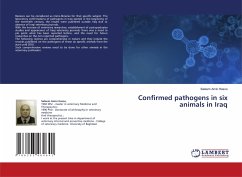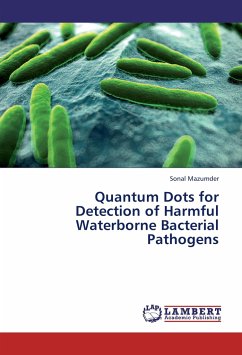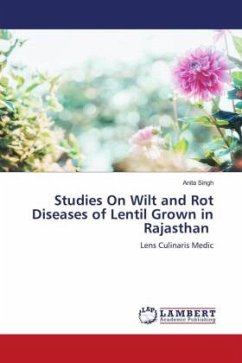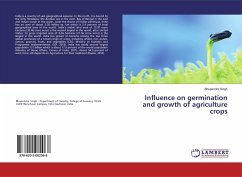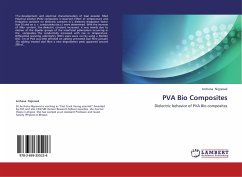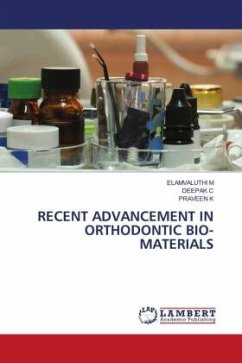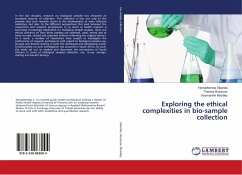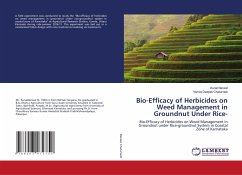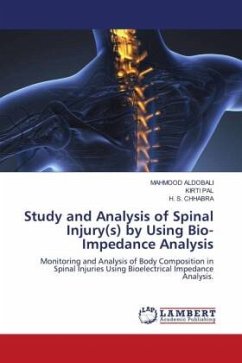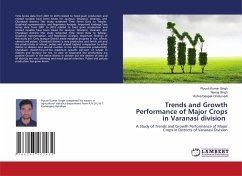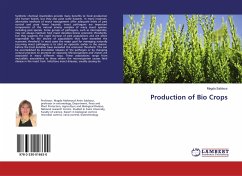
Production of Bio Crops
Versandkostenfrei!
Versandfertig in 6-10 Tagen
36,99 €
inkl. MwSt.

PAYBACK Punkte
18 °P sammeln!
Synthetic chemical insecticides provide many benefits to food production and human health, but they also pose some hazards. In many instances, alternative methods of insect management offer adequate levels of pest control and pose fewer hazards. Insect pathogens are important components of the natural enemy complex of many insect species, including pest species. Some groups of pathogens, such as microsporidia, may not always maintain host insect densities below economic thresholds, but they suppress the rapid increase of pest populations and are often responsible for the decline of populations...
Synthetic chemical insecticides provide many benefits to food production and human health, but they also pose some hazards. In many instances, alternative methods of insect management offer adequate levels of pest control and pose fewer hazards. Insect pathogens are important components of the natural enemy complex of many insect species, including pest species. Some groups of pathogens, such as microsporidia, may not always maintain host insect densities below economic thresholds, but they suppress the rapid increase of pest populations and are often responsible for the decline of populations that have exceeded the economic threshold. In most cases the major goal for managing naturally occurring insect pathogens is to elicit an epizootic earlier in the season, before the host densities have exceeded the economic threshold. This can be accomplished by inoculative releases of the pathogen or by changing cultural practices to promote an epizootic Microorganisms and insects are associated in many different ways. These associations range from mutualistic associations to those where the microorganism causes fatal disease in the insect host. Infectious insect diseases, usually causing de



